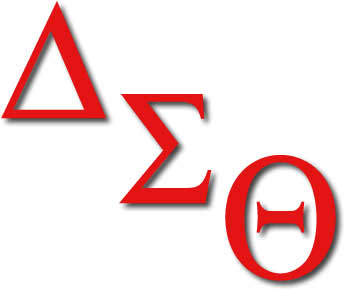In a significant move for education in Georgia, the University System of Georgia Board of Regents has officially approved the expansion of Savannah State University’s College of Education to include a new program in elementary education. This decision is expected to play a vital role in addressing the ongoing teacher shortage that has been impacting schools across the state.

“We are overjoyed that the Board of Regents approved our proposal to expand the College of Education,” said SSU Interim President Cynthia Alexander. “It was the right decision for the education students at Savannah State, it was the right decision for the state’s elementary schools, and it was the right decision to make sure our youngest, most eager minds receive the education they deserve.”
The newly added certified degree offerings will align with initiatives spearheaded by Governor Brian Kemp and Georgia State Senator Billy Hickman, who aim to improve early education systems statewide. As the chairman of the Senate Committee on Higher Education, Hickman has been instrumental in backing several recent legislative efforts, including the Georgia Early Literacy Act (HB 538).
“Teacher shortages persist in many of our school districts — both here in Savannah and across the state,” remarked Dr. Cora Thompson, Interim Dean of the College of Education. “There simply aren’t enough teachers to meet our school’s growing needs.” According to recent U.S. Department of Labor statistics, Georgia requires a significant influx of elementary educators, with expectations that the demand will rise by 15.8% by 2028, vastly outpacing the national average increase of 7%.
Putting Education First
SSU plans to launch the new elementary education program in Fall 2025. Dr. Kisha Cunningham Aites, the interim department chair, confirmed that preparations are already underway to ensure the program is effectively integrated into the existing educational framework. Currently, SSU offers various education degrees, including a Bachelor of Science in Education specializing in middle grades, secondary education, and technology education.
Notably, the institution has experienced a high volume of inquiries regarding elementary education, but has often had to refer interested students to other universities due to the absence of such a program. “We anticipate that our new program will make a significant dent in the shortage – especially in our region – over the next five years,” Aites said.
SSU has a rich legacy of training teachers, particularly those from underrepresented backgrounds. Dr. Thompson emphasized the importance of diversity in education: “A growing body of research suggests that students benefit from teachers who share their diverse cultural backgrounds,” Thompson said. “We’re committed to recruiting students from diverse backgrounds and instructing them to be culturally competent to meet the needs of all students.”



